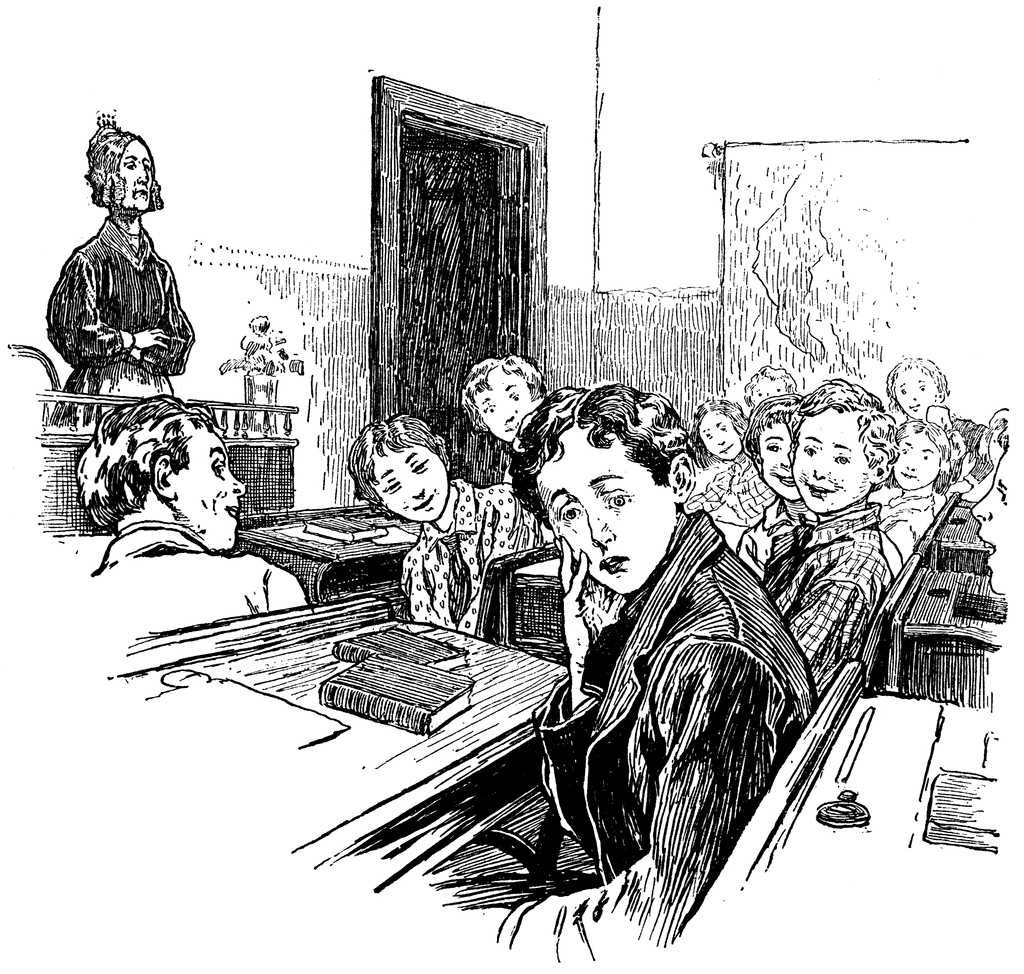Enter The Void: OUT TOMORROW

In theaters tomorrow and On Demand on the 29th. Don’t miss this film. Some more whet:
–Steve Erickson interviews Noé: “I saw “Lady in the Lake” on mushrooms and became fascinated with the idea of depicting a character‘s perspective while he’s on hallucinogenic drugs. I also read about astral projection, and the afterlife. I don’t believe in it, but as a collective dream, like flying saucers, I wanted to depict it properly.” and “I want to make a movie that will be very sentimental and sexual. I have a long treatment now. It’s a love story. I want to film sex as I’ve experienced it, which I haven’t seen accurately represented in erotic or pornographic films.”
Malone & Savoca Week (4): Our Cat Comes With Memories of Her Own: A Discussion of Kendra Grant Malone’s Everything is Quiet
 “i like the feeling you get / from lies through omission / they make you feel / like a weird little / phantom”
“i like the feeling you get / from lies through omission / they make you feel / like a weird little / phantom”
One of the poems early in Kendra Grant Malone’s collection, Everything Is Quiet, talks about that moment after a good movie when we all have to accept the movie wasn’t real. When two people hang out in that moment, it’s excruciating, because they know “you have to / speak at some point / and you have to shatter / what you were just feeling / a moment before.” Much later in the collection, the speaker—let’s just say Malone because that’s what Malone says—talks about people who are “very beautiful” and other people who are “very drunk,” but ends talking about how she has no one to talk to “at this very / moment.” And it’s that isolation of Very-flavored moments that this book lives to talk about. Even though these spindly, skinny poems are gorged with excesses of violence (sexual and otherwise), excesses of ingestion and injection, their main concern is excessive solitude. Which gets no worse than when two people who want to be together are stuck living through those moments they don’t want to be together. READ MORE >
September 23rd, 2010 / 7:37 pm
Friendly Fire
I actually started writing this as a private email to you, but then I thought that posting about it would be more in the spirit of the Rumpus, and that the resulting conversation might be a useful one–more useful than if it was just you and me emailing. So here goes.
Why do so many posts on The Rumpus start from the premise that the author is somehow incapable or a weakling? I feel like I see examples of this all the time, but looking at the frontpage right now, there’s the Angela Stubbs article on Gina Frangello (second sentence: “She’s [the] kind of person you meet and you know seconds after meeting them, they’re capable of things you’d never be able to accomplish.”) and then the newest installment of Sari Botton’s Conversations with Writers Braver than Me, which I’m sorry, is about as terrible a name for a column as I can imagine–which is a shame, since it’s a good column. Oh and there was the Steve Almond’s “One Over Forty,” which was, actually, in some limited but real sense brave, and yet insisted on assuming the posture of a whipped puppy, even though the only one doing the whipping was Almond himself. Other examples abound, if anyone wants to go dig them out. I guess what I am asking is, have other people noticed this trend? And what is the deal with it? Does anyone have any ideas?
Unsurprisingly, I have an idea–and it’s that the Rumpus just happens to be where I’ve noticed something that is much larger: part of a general trend in contemporary indy- and small-press lit-land that insists on modesty to the point of self-abasement, encourages people to get awestruck at the drop of a hat, and rewards the expression of self-doubt rather than self-confidence. I think it’s related to the question Blake posed the other day, about why writers obsess in public over their rejections in a way that they never would (and, crucially, would never be allowed to) over their successes. In the case of both the above-quoted Stubbs sentence and the Botton column title, the attempt seems to be to pay a compliment to the subject of the piece, but the actual effect is to deflect positive attention from the subject (Frangello; Gould) and back onto the writer of the piece in the form of negative attention. In both cases, the reader has been put on notice that the author may not be equal to her chosen subject-matter.
It has not escaped my attention that both these examples are of women writing about other women. I keep trying to figure out how gender and gender-role-enforcement might play into this, but it’s a little bit more than I’m prepared to take on right now, other than to say that in American culture women are consistently forced to adopt or rewarded for adopting an aww-shucks posture in relation to the people and things that they would champion. This is a tendency which ought to be resisted with main force. Last thoughts: There’s no honor in being called brave by a self-professed coward. If your goal is to tell somebody “you are awesome,” try not to follow it right away with “and I am shit.”
Public Relations
 In Cambridge, Massachusetts they’re printing yoga poses on their parking tickets to remind that double-parked undergrad what she learned at Equinox last weekend and to baffle/enrage the guy who just drove daddy’s beemer into a speed trap. I guess the police are getting sensitive about their image because someone started a yelp page reviewing the Cambridge Police Department and it only got four stars from the guy who went there this summer to register his handgun, because, you know, yoga only gets you so far. But they’re going to earn that fifth star, goddamn it.
In Cambridge, Massachusetts they’re printing yoga poses on their parking tickets to remind that double-parked undergrad what she learned at Equinox last weekend and to baffle/enrage the guy who just drove daddy’s beemer into a speed trap. I guess the police are getting sensitive about their image because someone started a yelp page reviewing the Cambridge Police Department and it only got four stars from the guy who went there this summer to register his handgun, because, you know, yoga only gets you so far. But they’re going to earn that fifth star, goddamn it.
PR is important, we know. A roommate told me last night that the Washington State Department of Tourism motto used to be “Whaaa?” and even though he thought that was ridiculous, I thought that was appropriate. It says: “Washington– Pot smoking is totally OK here.” READ MORE >
Notes on the Testicular and Penile Theories of Talent
I have a terrible confession to make—I have nothing to say about any of the talented women who write today. Out of what is no doubt a fault in me, I do not seem able to read them. Indeed I doubt if there will be a really exciting woman writer until the first whore becomes a call girl and tells her tale. At the risk of making a dozen devoted enemies for life, I can only say that the sniffs I get from the ink of the women are always fey, old-hat, Quaintsy Goysy, tiny, too dykily psychotic, crippled, creepish, fashionable, frigid, outer-Baroque, maquille in mannequin’s whimsy, or else bright and stillborn. Since I’ve never been able to read Virginia Woolf, and am sometimes willing to believe that it can conceivably be my fault, this verdict may be taken fairly as the twisted tongue of a soured taste, at least by those readers who do not share with me the ground of departure–that a good novelist can do without everything but the remnant of his balls.
–Norman Mailer
Most directors make films with their eyes; I make films with my testicles.
–Alejandro Jodorowsky
With them that day were various members of [Salvador] Dalì’s Divine Court: Gala, his muse, coiffed and rouged like a ventriloquist’s dummy; Prince Dado Ruspoli, famed as having the largest penis in Europe; Princess Nanita Kalaschnikoff, with her celebrated Louis XIV profile; the collector Sir Edward James; painter Léonor Fini and the unimaginably gorgeous Amanda Lear who, like Léonor, could not paint, as Kirk Douglas learned from his host, because genius is only found in the balls.
‘Paint is about time, space and balls. And Amanda doesn’t have any,’ said Dalì, bringing his palms together as if in them he held two bricks.
‘Genius,’ she [Léonor Fini] screamed. ‘Is in the slit.’
(From here)
The winners of the Norman Mailer Nonfiction Writing Awards were just announced. A lucky college student will be now be $10,000 richer. Since the awards are intended to honor the legacy of Norman Mailer, now seems like an appropriate time to defame his name by remembering what a sexist asshole he was. Thinking about Norman Mailer’s legacy, I am reminded of the way in which he advanced what I call the Testicular Theory of Talent (TTT).
Today in Class

I think I’m going to run a series called Today in Class every Wednesday after the workshop I’m teaching. This class is pretty much the highlight of my week, so I think it’ll be fun to share tidbits with a wider audience. I named the class A Deeper Poetics: The Art of Reading and Writing Poetry based on a Larry Levis quote, “What interests me here is a deeper poetics, one that tries to grasp what happens at the moment of writing.” What happens at that moment is weird and mostly indescribable, and likely different for everyone. Heather McHugh has written that a poet necessarily estranges language, that a poem’s motion, in some essential way, is an estranging motion. What happens when we put fingers to keyboard? Pen to page? Too much volition sometimes makes for boring work, not enough volition obscures resonance. Alexander Pope wrote in his poem, “Sound and Sense” that “sound must seem an echo to the sense.” Oh, but I don’t know. I don’t think that’s right. I think the sound (rhythm, chant) informs the subconscious, which in turns informs the poem’s sense. Ack! Today I made my students write an in-class response about this very topic. I gave them the above McHugh idea as well as another quote from her essay “Moving Means, Meaning Moves, “A poem is…a structure of internal resistances, and it’s no accident that paradoxes arise at the very premises of its act.” They also had some quotes from Robert Hass’s Listening and Making about the comforts of repetition and how the “completion of a pattern imitates the satisfaction of desire,” like an orgasm, according to Hass. I asked the students to use the quotes, and the essays, to frame a poem from this week’s packet, in which we looked at rhythm and chant.
We’re four weeks into the semester, and we’ve talked and written about brevity and image, place/landscape, and today we workshopped poems on the art of recklessness. Duh, I stole this week’s unit from Dean Young’s book title, and basically, I want students to feel really uncomfortable in making poems for a little while. Leave their comfort zone. Do some automatic writing. I want them to let the language, and also the rhythm, guide them line by line, word by word. We did an exquisite corpse of one word slant- and off- rhymes last week; everyone ended up with a folded up piece of paper with sixteen words on it. Their task was to write a 16 line poem, one word from the list per line. And they were great–despite the fact that the general sentiment (and the specific sentiment of one student) was that “this felt really alien.” One student wrote in a poem, “You, born an artichoke, green-gray scaley-spined and whorled. / Imagined being dinosaur. Returned to me a ghost.” Another wrote, “The mangroves warp / and root wrangle / sideways stacking strangleholds, / while marigold petticoats / and manifold destiny / sit in textbook centerfold: a centrifugal gamble.” I just happen to have those two in front of me (thank you Helena and Emily). They were all great explorations of how sound informs sense.
Today in class, too, we listened to Son House do “Death Letter Blues.” And to Langston Hughes read “The Weary Blues.” And I read WH Auden’s “Funeral Blues” : “He was North, my South, my East and West / My working week and Sunday rest.” God, I love that poem.
Malone & Savoca Week (3): 6 Q’s
Last week I sent both Kendra & Matthew six questions to be answered by both on the occasion of their first books both being published at the same time. Both books are very forthcoming in certain ways with personal information, inventing not really a new confessional, but an interiorizing of experience and relation, which made me wonder specifically about how the books as objects operate inside their lives. Here are the questions. Their answers are after the break.
1. How did this book begin as a manuscript? How did it find its place? How did it end?
2. Are you scared? What are you scared of?
3. Do you ever think about what you are going to write about something as the something is happening?
4. Do you see yourself inside your book, or does it seem like other people? Do you feel you have modes?
5. How does a book correspond with the act of love, as an object?
6. What is something you have hid?




